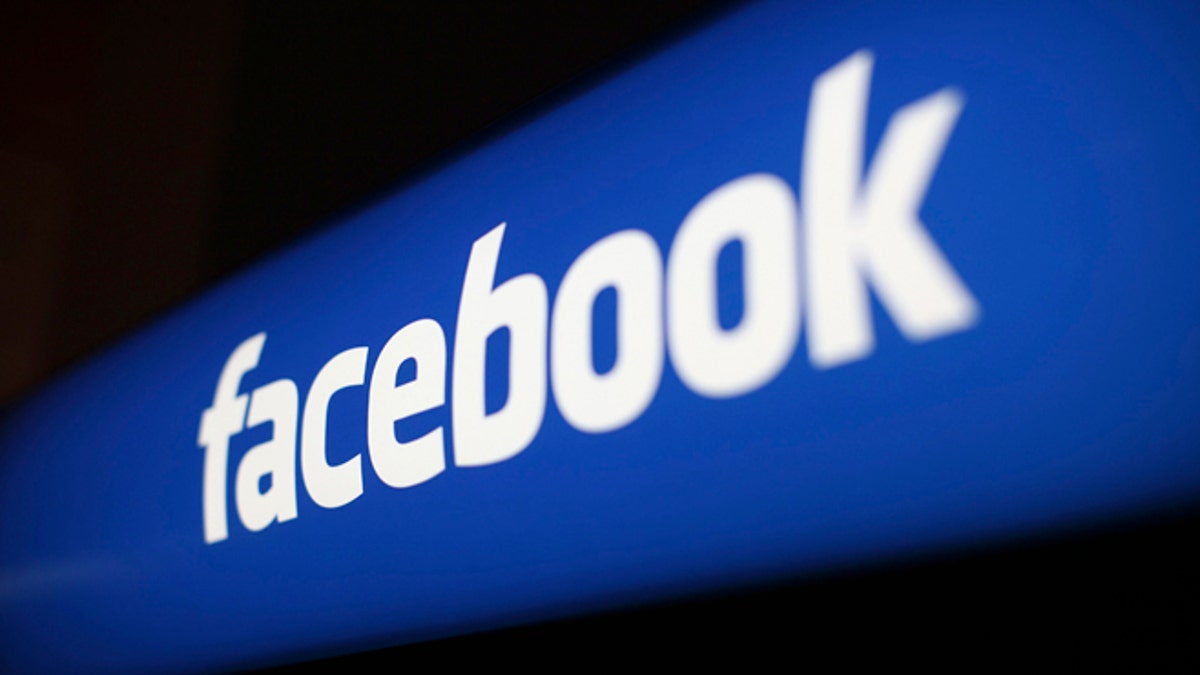
File photo - the Facebook logo is pictured at the Facebook headquarters in Menlo Park, California. (Reuters) (Reuters)
Wondering if you were duped by the Russian-backed propaganda posted to Facebook to sow discord during the 2016 presidential election? Soon, there will be an easy way to find out.
Facebook is building a tool to show users which of these pages and accounts they have interacted with on the social network. The tool will be available by the end of the year in the Facebook Help Center, Facebook wrote in a blog post.
This tool will let users see all the Internet Research Agency-created Facebook pages and Instagram accounts they liked or followed between January 2015 and August 2017. The Kremlin-backed Internet Research Agency, which is notorious for being an internet troll farm, reportedly controlled 470 fake accounts, which it used to publish 80,000 divisive political posts on Facebook. Those posts were served directly to 29 million users, and then liked, shared, or followed by others, multiplying their spread.
The Internet Research Agency also spent $100,000 to display 3,000 ads on the platform with divisive political and social messages targeting both conservative and liberal groups, Facebook has said.
More From PCmag
"It is important that people understand how foreign actors tried to sow division and mistrust using Facebook before and after the 2016 US election," Facebook's post today reads. "That's why as we have discovered information, we have continually come forward to share it publicly and have provided it to congressional investigators. And it's also why we're building the tool we are announcing today."
Facebook has already taken down the fake accounts and pages created by the Internet Research Agency and shared the ads and posts with Congress. CEO Mark Zuckerberg says he's "dead serious" about fixing the problem and has promised to "invest so much in security" that the costs will cut into the company's profitability.
At a US Senate Intelligence Committee hearing earlier this month, Chairman Richard Burr released several Facebook ads allegedly purchased by Russia-linked organizations. US senators have slammed the company for failing to prevent its platform from being used as a Russian government propaganda tool. "You have a huge problem on your hands," Sen. Dianne Feinstein of California said. "And you have to be the ones to do something about it—or we will."
Congress is considering a bill that would require more transparency about who funds ads posted on social media.
This article originally appeared on PCMag.com.








































